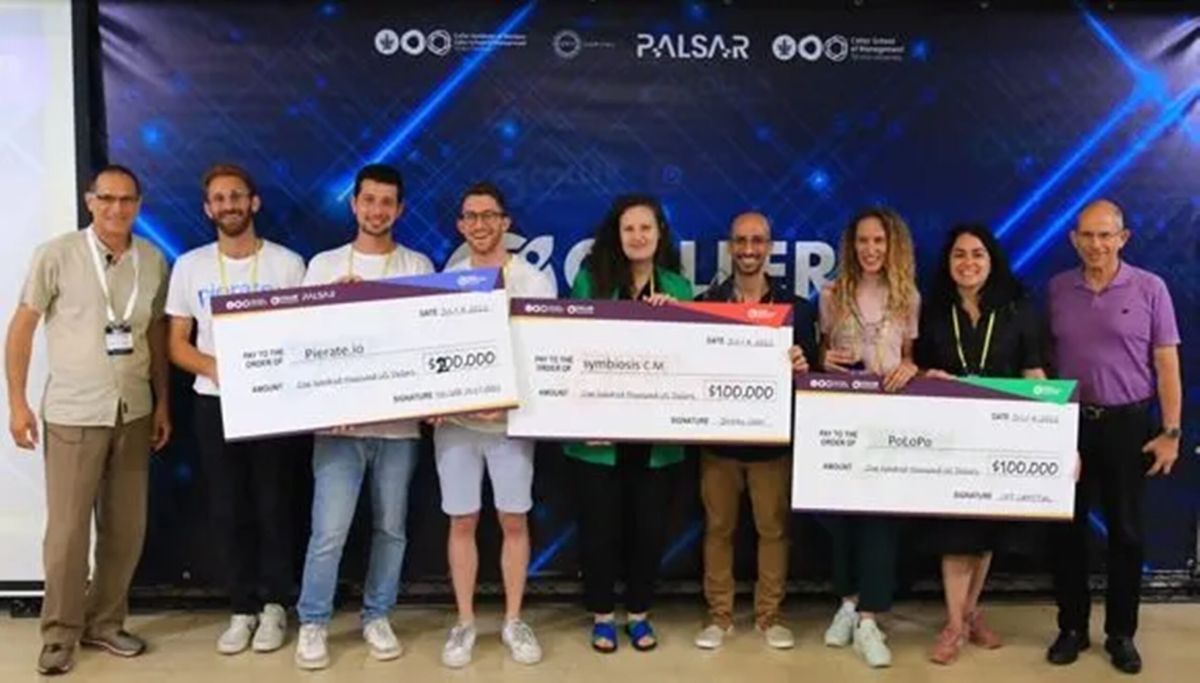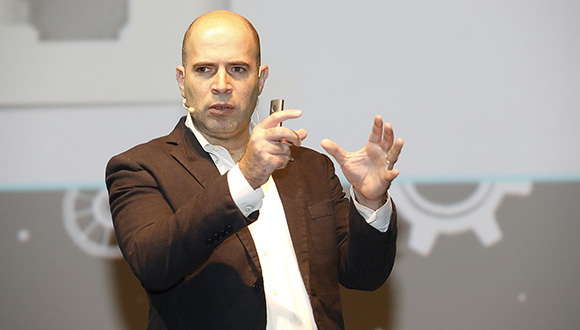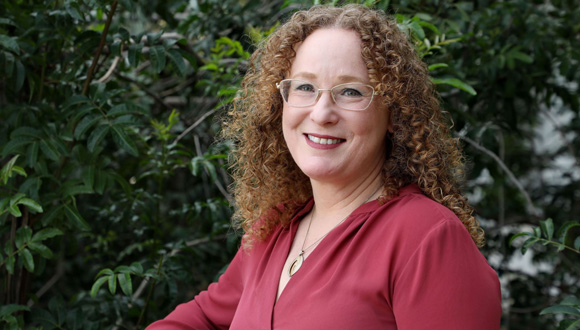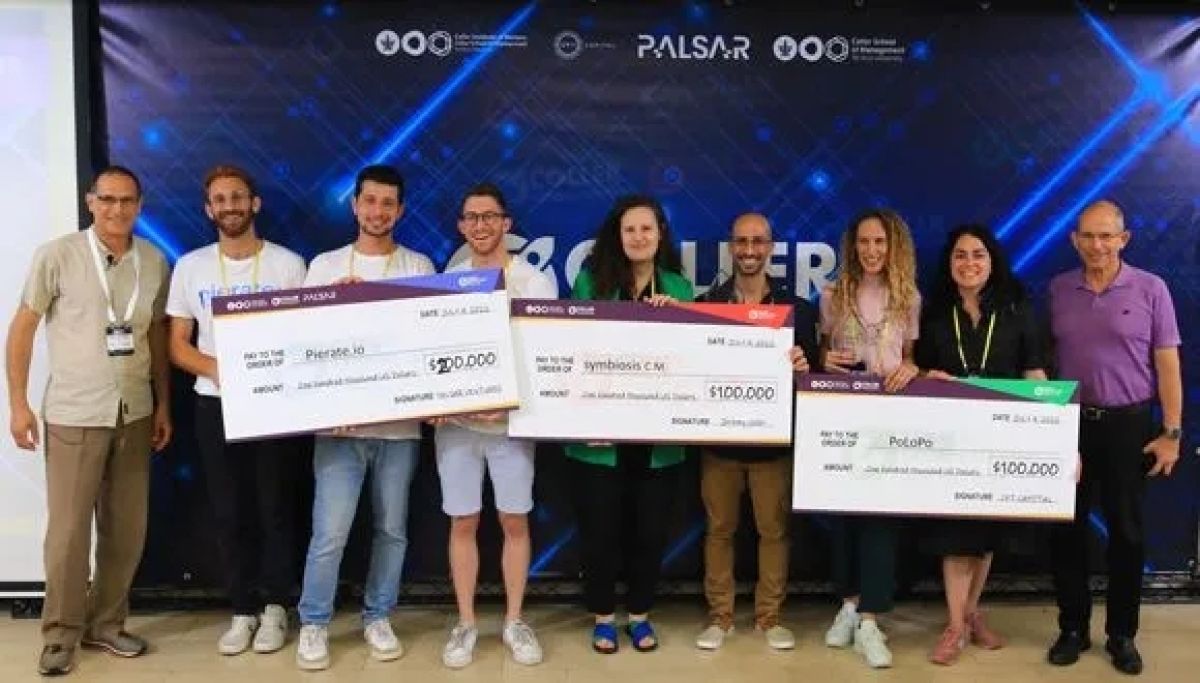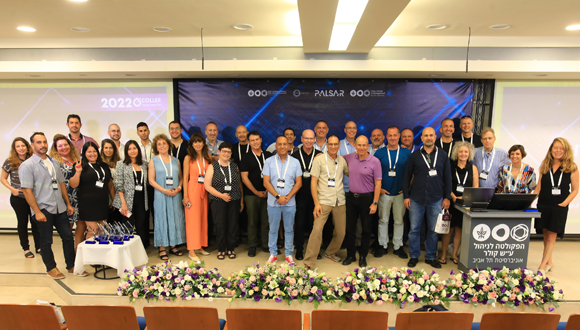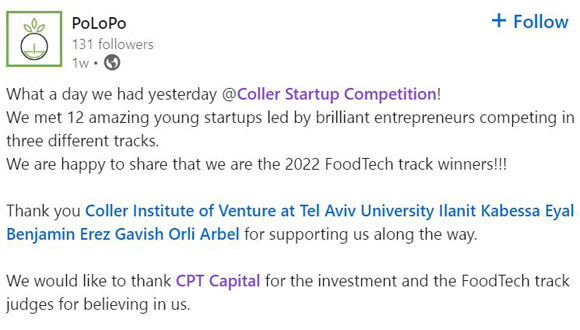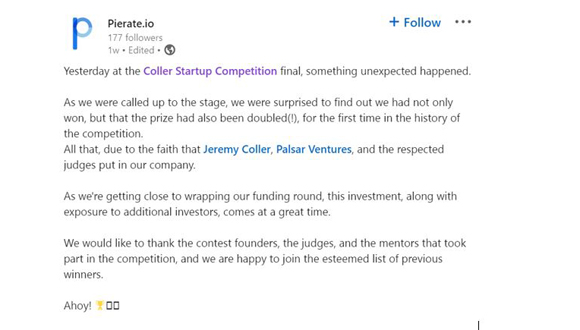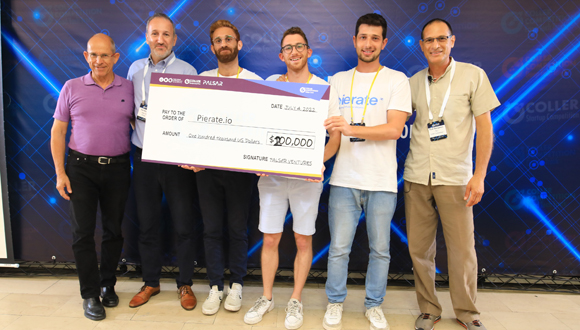#TAU_WOMEN_POWER
Meet female researchers from Tel Aviv University who received the prestigious European Research Council (ERC) grants this year.
Four female researchers from Tel Aviv University received the prestigious European Research Council (ERC) grants, aimed to help promising mid-career researchers achieve their research goals. We spoke with the winners to hear how they feel about the award and hear any advice they may have for other aspiring researchers.
Prof. Miri Yemini | The School of Education at TAU’s Faculty of Humanities
In her research, Yemini explores how young people from different backgrounds in different countries understand and appropriate global citizenship.
How did you feel when you heard that you’d be awarded the grant?
“I was very excited when I received the news about the grant. At the same time, I understand that winning the grant is just the beginning. It marks a long road ahead, with research and action, fueled by curiosity and perseverance.”
This year, the majority of TAU’s ERC grant recipients are female. How do you feel about that?
“I am happy for all the recipients and look forward to future updates on their research and results. I am eager to see more women in senior positions at Israeli universities, both in academic and administrational positions. I would also like to see a more diverse academia in terms of gender, religion, ethnicity, first-generation academics and more. We still have a long way to go in this respect.”
Do you have a personal message for young female researchers at the beginning of their career?
“To win a grant, you first need to submit. For me, it has been helpful to filter out fears and hesitations and focus on what interests and excites me research-wise. It is also important to bear in mind that behind most such achievements are at least twice as many failures – and these don’t tend to make the headlines.”
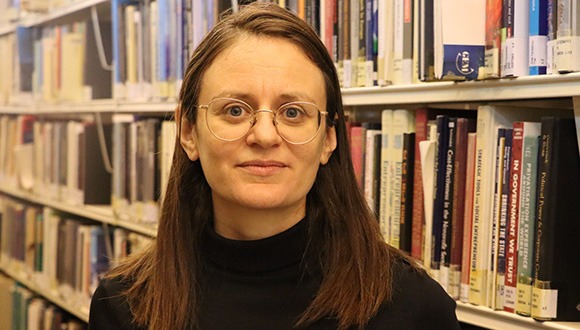
Prof. Miri Yemini
Prof. Limor Landsman | The Cell and Developmental Biology Department of TAU’s Sackler Faculty of Medicine
Landsman researches the function of beta cells, cells that regulate insulin production, crucial for blood sugar control and for the prevention of diabetes. Her team studies how beta-cell function and mass are established and maintained in healthy individuals and why they are lost in instances of diabetes.
How did you feel when you heard that you won the grant?
“I felt happy and proud, but most of all relieved that my lab will be funded in the coming years, so that I can continue to advance our research in a direction that I believe will lead to new insights into diabetes.”
This year, most TAU’s ERC grant recipients are female. How do you feel about that?
“I am proud to be part of an academic institution that advocates excellence, of both women and men.”
Do you have a personal message for young female researchers at the beginning of their career?
“What I like about research is that nothing is known in advance, for better and for worse. That’s why I think it’s important not to be afraid to try, even if the chances are low. Did it work? Great! If it didn’t – allow yourself to be upset for a day or two and then dust if off and try a different direction.”
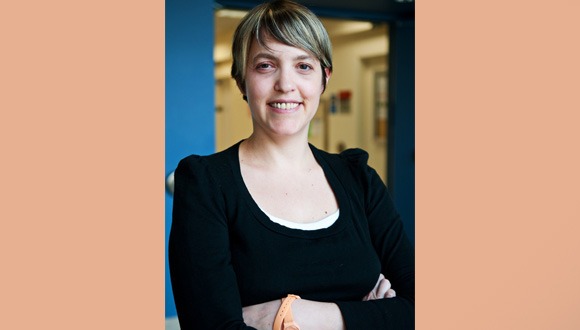
Prof. Limor Landsman
Prof. Hila Shamir | Tel Aviv University – The Buchmann Faculty of Law
Shamir teaches and researches Employment, Labor, Immigration, and Welfare Law with a focus on issues of human trafficking, gender equality, informal work, and the law of global value chains. She is a second time ERC grant winner, and as part of her first ERC grant, she established the research group TraffLab: Labor Perspective to Human Trafficking.
In her current research, Shamir examines efforts to promote workers’ rights in global supply and production chains.
How did you feel when you heard that you’d be awarded the grant?
“I was very excited. This is the second time I receive an ERC grant, and I assumed that my chances were low as a result. So, the surprise of receiving the grant this year was great. I also feel an accompanying weight of responsibility and the desire to ensure efficient use of such a significant amount.”
This year, most of TAU’s ERC grant recipients are female. How do you feel about that?
“Very happy and not at all surprised. There are wonderful female researchers in the Israeli academia, and it is great to see their work receiving international recognition.”
Do you have a personal message for young female researchers at the beginning of their career?
“Don’t be afraid to submit a grant application, even if it may seem intimidating initially. Do invest some time on the submission, as a grant of this scale has the potential to greatly change the way we conduct research: it makes it possible to build a large research group; secure funding for researchers at the beginning of their career and enables significant research scope with a correspondingly strong potential to influence. Even if you should not end up winning, the attempt to think big and imagine research on such a scale is valuable in and by itself and could bear fruits further down the line. Good luck!”
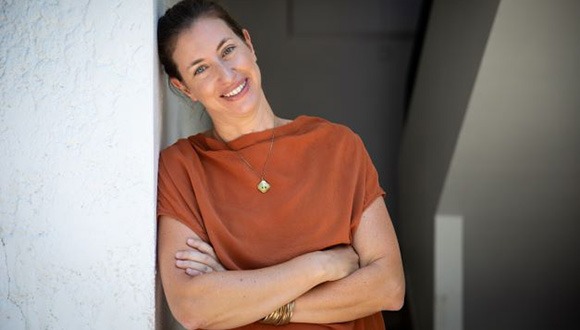
Prof. Hila Shamir
We wish our female rockstars congrats and good luck with their current research!
Established in 2007 and annually awarded by the European Union, the ERC research grant is considered one of the most prestigious and important ones in the world of science. The four main types of ERC grants are: ERC Starting Grant, ERC Consolidator Grant, ERC Advanced Grant and the ERC Synergy Grant.


